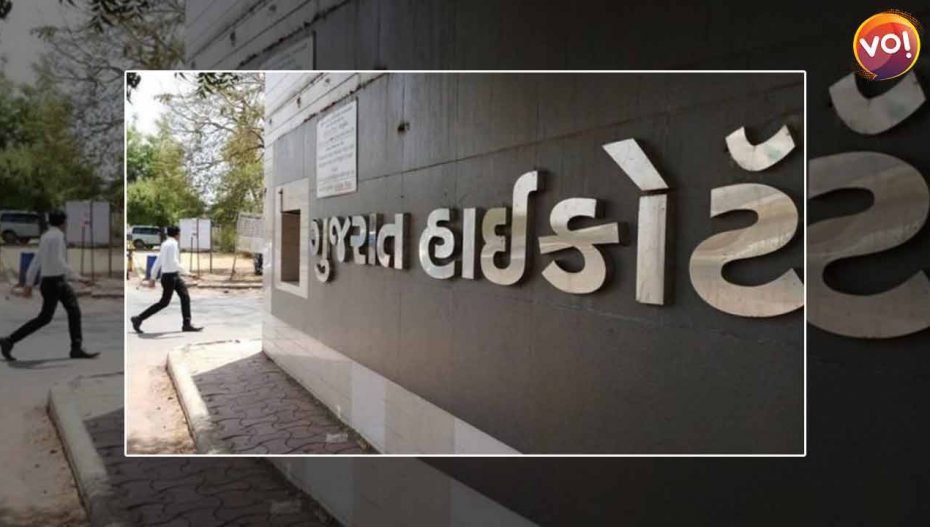Fifteen years after the death of a government doctor, the Gujarat high court has resolved a family pension dispute between his two wives and their children. Initially, the first wife was successful in her claim to succession, while the second, a tribal woman, could not prove her marriage due to lack of documents.
The high court awarded an equal share of the doctor’s post-retirement benefits of gratuity and provident fund to the children of both wives – a daughter from the first wife and his ‘illegitimate’ son from the second. The second woman was unable to establish her marriage, despite the fact that she had been living with him for over two decades with the son.
As the first wife proved that her marriage was subsistence at the time of the doctor’s death, she was entitled to a third of the family pension. She gave up it in favour of her daughter. As a result, the daughter will receive two-thirds of the inheritance.
The doctor retired as a medical officer in the Valsad district in 2004 and died in 2007. He had two long periods of absence for which departmental proceedings were initiated, but they were later dropped, and the government decided to give his legal heirs the family pension.
The doctor’s second wife and son, who had been named as nominees by the doctor, sought an inheritance certificate in a Valsad court, claiming that the doctor had divorced his first wife in 1982. The woman had entered into a second marriage and her second husband left her with a daughter. They were the doctor’s sole legal heirs to his properties and retirement benefits.
The first wife and her daughter contested the claim, claiming that she had never divorced the doctor. There was no judicial separation, and her second daughter was not the result of her second marriage, but of being raped. She did not file a complaint because she was raped by her sister’s live-in partner.
The Valsad court ruled in 2019 that the first wife’s judicial separation from the doctor could not be proven, and that her marriage was in subsistence at the time of the doctor’s death. There was no evidence of a second marriage for the first wife. As a result, the first wife, her daughter, and the son of the second wife were all legal heirs.
The first wife petitioned the HC to fix shares and relinquished ownership. her portion in favour of her daughter The HC issued the appropriate order.
Also Read: Pensioners Above 75 Years Felicitated By The Income Tax Department













